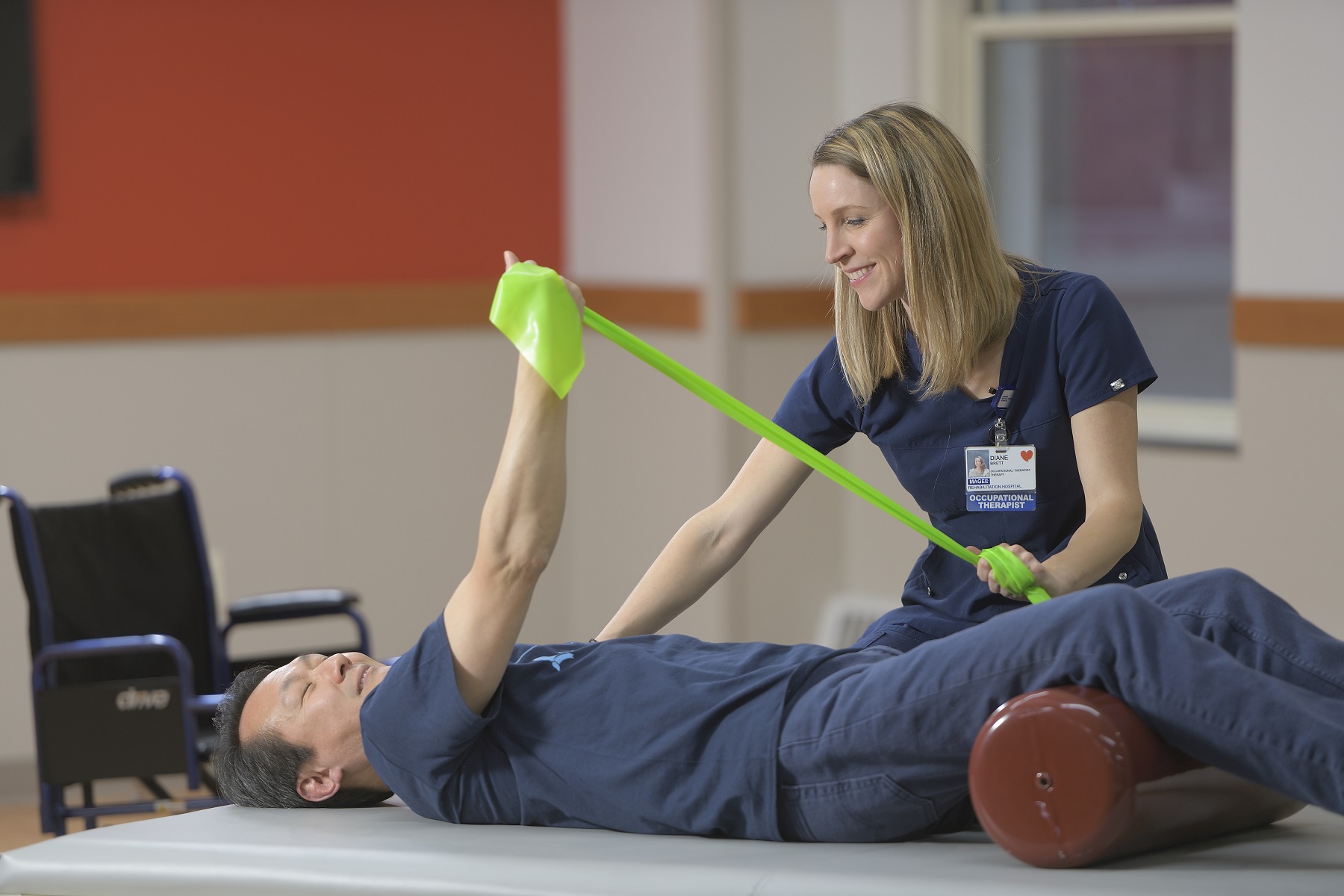Empowering Patients Via Psychosocial Assistance in Cardiovascular Rehabilitation Programs.
Wiki Article
Cardio-pulmonary rehab initiatives are created to assist patients with heart and pulmonary issues enhance their well-being and standard of living. These initiatives commonly consist of exercise exercise, education about heart and lung health, and support for implementing lifestyle choices modifications. Nonetheless, one crucial element that is sometimes overlooked is the importance of psychosocial assistance. Psychosocial support refers to the emotional and community assistance that individuals receive during their recovery process. This support can strengthen individuals, enhance their self-esteem, and assist them navigate the challenges that come with chronic medical issues.

Individuals in cardiopulmonary rehab frequently face various emotional and emotional challenges. Feelings of anxiety, depression, and loneliness can be common. These emotions may stem from the stress of dealing with a serious health condition or the concern of upcoming medical problems. Emotional assistance can help tackle these feelings by offering patients with a safe environment to talk about their concerns and bond with others who understand what they are experiencing through. Group counseling sessions and individual counseling can be effective ways to promote this assistance. By engaging with professionals and others, individuals can acquire coping techniques and discover support from others who share similar challenges.
Incorporating psychosocial assistance into cardiac and pulmonary rehabilitation initiatives can lead to better health results for individuals. Studies show that when individuals receive psychosocial support, they are more likely to adhere to their recovery plans, adhere to treatment, and make necessary lifestyle you could look here modifications. This engagement can lead to improved health health, lessened admissions, and an overall improved standard of life. Support groups can encourage motivation and accountability, assisting patients remain dedicated to their recovery objectives. This collaborative method highlights the significance of addressing both physical and emotional well-being in the recovery journey.
Educators and medical providers play a vital role in providing emotional support within these programs. They can help patients comprehend the significance of mental well-being in their rehabilitation process. By creating an atmosphere of empathy and support, healthcare providers can encourage open communication about feelings and concerns. Training personnel in interpersonal techniques and psychosocial support strategies can enhance the general individual journey. Moreover, integrating instruction about anxiety reduction, calming methods, and positive adaptation approaches can enable individuals to take an active part in their mental health.
To summarize, strengthening individuals through psychosocial assistance in cardiac and pulmonary rehab initiatives is crucial for promoting holistic rehabilitation. By acknowledging the psychological and community dimensions of recovery, medical providers can create a more supportive environment that addresses the needs of the whole person. Patients who receive this holistic care are more likely to achieve their well-being objectives and enhance their total standard of living. The inclusion of emotional assistance into rehabilitation programs not only enhances the patient the original source experience but also contributes to improved sustained medical outcomes.